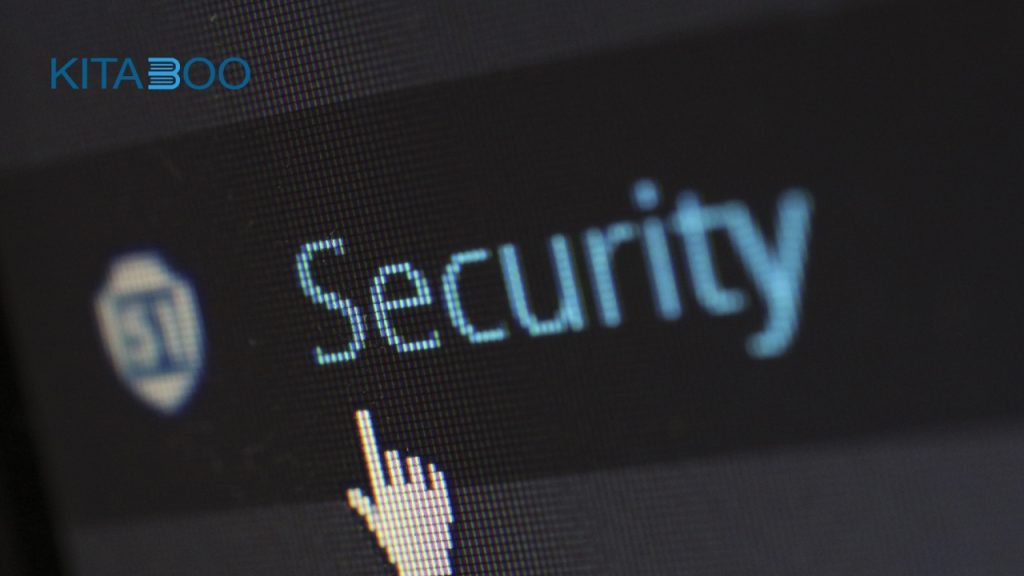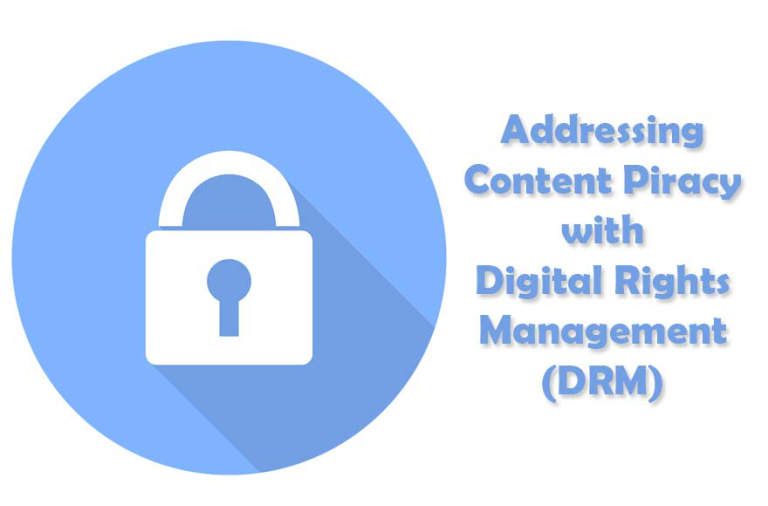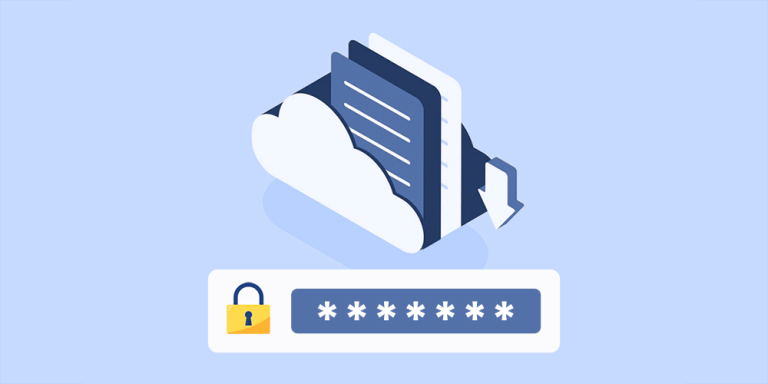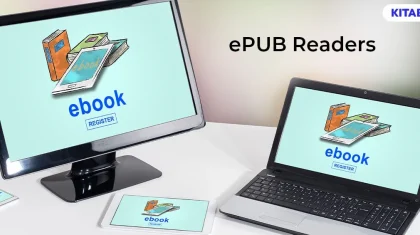
7 Effective Ways to Combat eBook Piracy in Publishing
As the publishing world continues to grow with increased penetration of the eBook market, maintaining content/IP security and preventing eBook piracy becomes the topmost challenge for publishers to deal with.
Costing publishers billions of dollars worldwide, eBook piracy creates a significant negative impact on everyone in the distribution channel, including publishers, authors, retailers, distributors, and readers.
When it comes to protecting eBooks, the key is to fight eBook piracy and unauthorized use of content or reproduction with Digital Rights Management (DRM).
Related Read: Top 10 eBook Readers for Education
What is eBook Protection?
eBook protection is a method of applying robust security controls to an eBook to safeguard the rights of the publisher in terms of who is entitled to use the eBook and whether or not they are allowed to download, copy or obtain printed copies.
Put simply, eBook protection enables publishers to protect their eBooks against any kind of online piracy, unauthorized use and distribution, thus preventing massive amounts of revenue loss while still giving access to the content to authorized users only.
Also Read: 6 Reasons Why You Need DRM (Digital Rights Management) Protected eBook
Ways to Protect eBooks from Online Piracy
Although there is no foolproof method to prevent someone from copying or downloading your eBook, here are some of the security measures you can employ to minimize the chances of ebook piracy.
1. Watermark Your eBooks
An increasing number of publishers and authors are turning to digital watermarks to protect their content from online piracy. These invisible markings, called watermarks, are added to eBook files to ensure eBook protection. It works like adding a tracking device to your eBook that allows you to see everywhere your book is, till the time the watermark is there.
What makes digital watermarks an excellent security tool when fighting online copyright infringement is the fact that they cannot be removed or altered. By using watermarks, you can discourage users from duplicating the work and distributing printed copies. Watermarked eBooks can only be accessed by the users legally, thus adding a strong layer of security to the content, to prevent eBook piracy or any kind of unauthorized usage.
2. Acquire a DRM (Digital Rights Management) Software
To ensure that you have complete control over what users do to your eBooks, get a Digital Rights Management – DRM solutions software. It provides various important licensing measures in eBook protection, which help to extend your ability to publish safely when distributing eBooks in the digital marketplace.
Also Read: What is eBook DRM and Why Do Publishers Need it?
As publishers, you invest a lot of hard work and dedication into your finished eBooks, and DRM (Digital Rights Management) software ensures that all your efforts are protected from theft, and your content is copyrighted.
Acquiring Digital Rights Management controls can be of great help by letting you impose extra controls over your content. For example, good eBook protection systems use DRM (Digital Rights Management) to allow publishers to specify the number of devices the eBook can be installed in and used on or allows the eBook to be used only from a specific location (range or IP address), which might be a school, library or so on. This helps publishers to manage the access to eBooks in a more flexible manner, preventing any kind of online piracy.
Guide: How to Create a DRM (Digital Rights Management) Protected eBook and Distribute it Securely
3. Publish Out an Official Copyright Notice
As publishers, it is critically important for you to understand copyright law in order to protect your work from the threat of online piracy. As soon as your digital content is published, you can protect it from theft or online piracy by issuing an official copyright notice.
Acting as a deterrent, publishing such an official copyright notice helps you make it explicitly clear that content you are publishing is yours, and you own it.
4. Convert Files Into PDF
To combat eBook piracy, publishers need to adopt various best practices when publishing their content to ensure eBook protection. One of the examples of this could be converting your files into PDF before uploading, to make them more secure.
Since the PDF format supports data encryption, it is a secure approach to transfer data over the net. Further, the format allows you to customize the user access level and keep the content safe from viruses, online piracy and other similar malware attacks.
5. Use Secure Digital Files
When you’re publishing your eBook, make sure to digitally encrypt all your files and store them securely to assure eBook protection from online piracy,online hackers and cyber-criminals. There are various encryption programs available for eBooks that you can use to allow the file to be only read by authorized users.
This helps to prevent the transfer of the original film by making it unreadable to everyone except the original purchaser. Further, you can also lock all your files, ensuring that the user needs a password to access them.
6. Monitor the Web Activity
To safeguard your content from online piracy, make sure to set different search alerts for your name and eBook titles to keep you informed of all the online activities all the time. Google and other search engines allow you to add free alerts and send you an email every time there is a search match.
Apart from setting alerts, it’s recommended to do self-search by writing your titles, common misspellings, or short titles every few weeks for red flags. In case you find any pirated copies of your eBook, make sure not to download or click any links as they might be corrupt. Instead, a good practice would be to collect as much information as possible about the website and bookmark the page.
7. Improve Accessibility
One of the simple and often overlooked solutions to prevent eBook piracy is to improve the accessibility of your content.
Online piracy is widespread and there are digital pirates out there trying to steal your content. However, there are instances where potential readers end up looking for free eBooks to download because they aren’t available in an accessible format.
Bottom Line
eBook piracy is an ongoing problem for publishers, but with little effort, they can ensure eBook protection from online piracy.
The first step in eBook protection is understanding what your rights and options are. With the above-mentioned anti-piracy solutions, you can prevent eBook piracy and protect your eBooks from being stolen and also avoid the issue of lost income.
Contact our expert team now and get started!
To know more, write to us at contact@kitaboo.com
Related:
- How to Identify the Best eBook Conversion Services
- 9 Best Cross-Platform eBook Readers
- How to Distribute ebooks on Online Platforms
- Best Practices in Publishing & Distributing eBooks at Scale
- Best eBook Publishing Strategies Every Publisher Must Know!
- How to Select the Best Digital Publishing Platform
- Digital Textbook Platform
- K12 Publishers
- Associations & Societies
- Trade Publishers
- Training Companies
- Content Aggregators
FAQs
Yes, eBooks can be pirated. Just like physical books, eBooks can be illegally copied and distributed without the permission of the copyright holder. This can cause huge revenue loss for authors, publishers, and the overall book industry. To prevent eBook piracy, publishers adopt various methods such as digital rights management (DRM) and encryption.
To prevent eBook piracy, publishers can adopt various methods such as digital rights management (DRM), encryption, watermarking, secure digital files, accessibility, official copyright notice, regional restrictions, and regular updates. Publishers must continuously monitor the web activity and ensure they are up-to-date with the latest piracy prevention measures to prevent any form of online piracy.
Beyond eBooks, digital piracy affects various content types, including music, movies, software, and games.To combat this issue, creators and rights holders must implement a multifaceted strategy. By combining multiple strategies, content creators can secure their content and prevent online piracy. Raising consumer awareness about the legal and ethical aspects of online piracy can further help combat this issue.
eBook piracy can significantly affect publishers causing financial losses and damage their brand reputation. This can discourage them from investing in new content creation. Publishers may also face legal and regulatory challenges associated with combating piracy. To combat these negative effects, publishers must implement robust anti-piracy measures and advocate for stronger legal protections.
Discover how a mobile-first training platform can help your organization.
KITABOO is a cloud-based platform to create, deliver & track mobile-first interactive training content.





